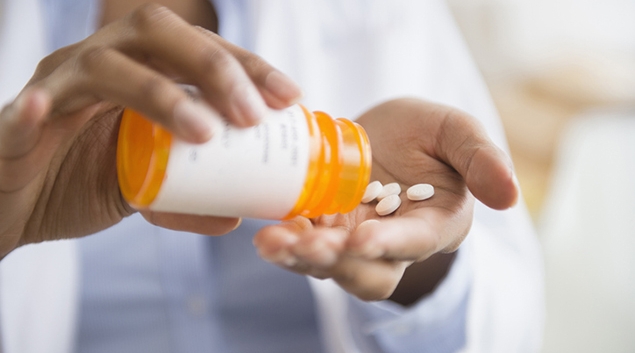
A federal court has sided with the American Hospital Association and others in ruling that the Department of Health and Human Services unlawfully cut payment rates for certain outpatient drugs.
HHS Secretary Alex Azar exceeded his legal authority in setting new reimbursement rates in the outpatient prospective payment system rule for 2018, United States District Judge Rudolph Contreras said in Thursday’s order.
The AHA, America’s Essential Hospitals and other plaintiffs which brought the lawsuit, expressed their pleasure with the ruling, though this does not mean they are getting paid at the old rate, plus the retroactive payments they wanted.
WHAT’S HAPPENED
The hospitals wanted the court to order HHS to pay for outpatient drugs under the 2017 drug reimbursement methodology, which is the average sales price plus 6 percent.
In mid-2017, HHS proposed reducing the Medicare reimbursement rate from the average sales price plus 6 percent to the ASP minus 22.5 percent, an amount it got from a Medicare Payment Advisory Commission report.
The hospitals argued that HHS did not have the legal authority to change reimbursement in the manner proposed, and that reducing the rates by nearly 30 percent would severely impact their ability to provide critical healthcare programs to their communities.
The 340B program was established so that hospitals serving a vulnerable population without the ability to pay could purchase drugs at a steeply discounted rate and charge HHS the higher rate under the outpatient prospective payment system.
The difference allows hospitals to continue operations serving an underserved population, 340B providers argued.
But in his ruling, the judge cited HHS’s argument that several studies have confirmed these hospitals make a large profit from the difference between what they pay for the drugs and the rate at which Medicare reimburses.
Secondly, according to court documents, HHS said the current payment methodology could lead to unnecessary utilization and potential overutilization of the drugs, which a 2015 Government Accountability Office report has shown to be true. The GAO found that Medicare Part B drug spending was substantially higher at 340B hospitals than at non-340B hospitals.
THE REMEDY
While the judge granted the plaintiff’s motion entitling them to equitable relief, implementing that relief requires supplemental briefings from both parties, Contreras said.
The judge said that paying 340B hospitals at the 2017 rate, including giving retroactive payments, would likely be highly disruptive for HHS, as an important component of the Medicare Part B scheme is its budget neutrality requirement.
Increasing 340B reimbursement rates for 2018 would likely require HHS to reduce reimbursements elsewhere in the program, he said.
Both parties are to provide a supplemental briefing on the appropriate remedy within 30 days.
ON THE RECORD
“For more than 25 years, the 340B program has helped hospitals stretch scarce federal resources to reach more patients and provide more comprehensive services–this was Congress’ clear intent for the program. The court’s ruling will help ensure 340B can continue supporting access to affordable health care for our most vulnerable communities,” said America’s Essential Hospitals, the American Hospital Association and Association of American Medical Colleges, in a joint statement.
Other plaintiffs include the Henry Ford Health System and Northern Light Health, formerly Eastern Maine Health System.
Twitter: @SusanJMorse
Email the writer: susan.morse@himssmedia.com
